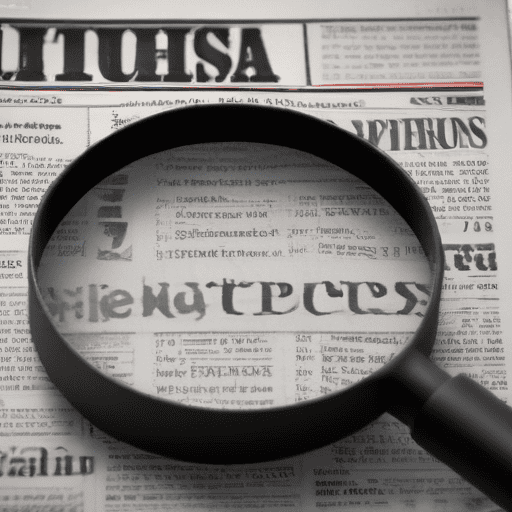Meta’s recent decision to dismantle its fact-checking program across platforms like Facebook, Instagram, and Threads has sparked widespread concern regarding the integrity of information shared on these major social media sites. Announced by Mark Zuckerberg, this significant policy change introduces a “community notes” system, which relies on users to identify and correct misinformation—an approach similar to strategies employed by other platforms such as X, previously known as Twitter.
Critics contend that this shift caters to political influences, particularly in light of president-elect Donald Trump’s association with the term “alternative facts.” This transition could have severe implications for the fact-checking industry, which has expanded from about 50 organizations in 2015 to around 170. With many organizations now facing potential layoffs or closures as a direct consequence of Meta’s policy changes, users seeking trustworthy information might find it increasingly challenging.
Angie Drobnic Holan, the director of the International Fact-Checking Network, highlighted that the immediate aftermath of this policy shift will likely hinder access to reliable information on social media. Historically, fact-checking emerged as an essential tool in journalism, tasked with counterbalancing “he said, she said” narratives and holding politicians accountable for their statements. Organizations like FactCheck.org and PolitiFact have played crucial roles in upholding transparency and accuracy in political discourse. However, skepticism towards these entities has intensified, particularly among conservative circles, with a 2019 Poynter Institute survey revealing that approximately 70% of Republicans perceive fact-checkers as biased.
As Meta transitions to a user-driven model for debunking misinformation, experts emphasize the ongoing challenge of effectively reaching those individuals most susceptible to false narratives. Scholars like Kathleen Hall Jamieson stress that, while user accountability may increase, the real challenge lies in combating misinformation where it flourishes without traditional oversight.
Despite these significant hurdles, there is a glimmer of hope within the media community. Advocates believe that engaged users can play a vital role in mitigating the spread of misinformation and promoting truthful discourse online. Furthermore, there is optimism that influential figures within the Republican Party will advocate for the importance of maintaining integrity in media, potentially creating a more robust community discussion around accuracy.
In summary, while Meta’s recent decision poses challenges to the credibility of information on its platforms, it also underscores the urgent need for community engagement and enhanced media literacy. The evolving dynamics of social media present opportunities for collective action toward maintaining truth in an era characterized by misinformation. This critical moment calls for renewed commitment to accountability and accuracy in the digital age, highlighting the essential role engaged users can have in shaping trustworthy discourses.

Leave a comment